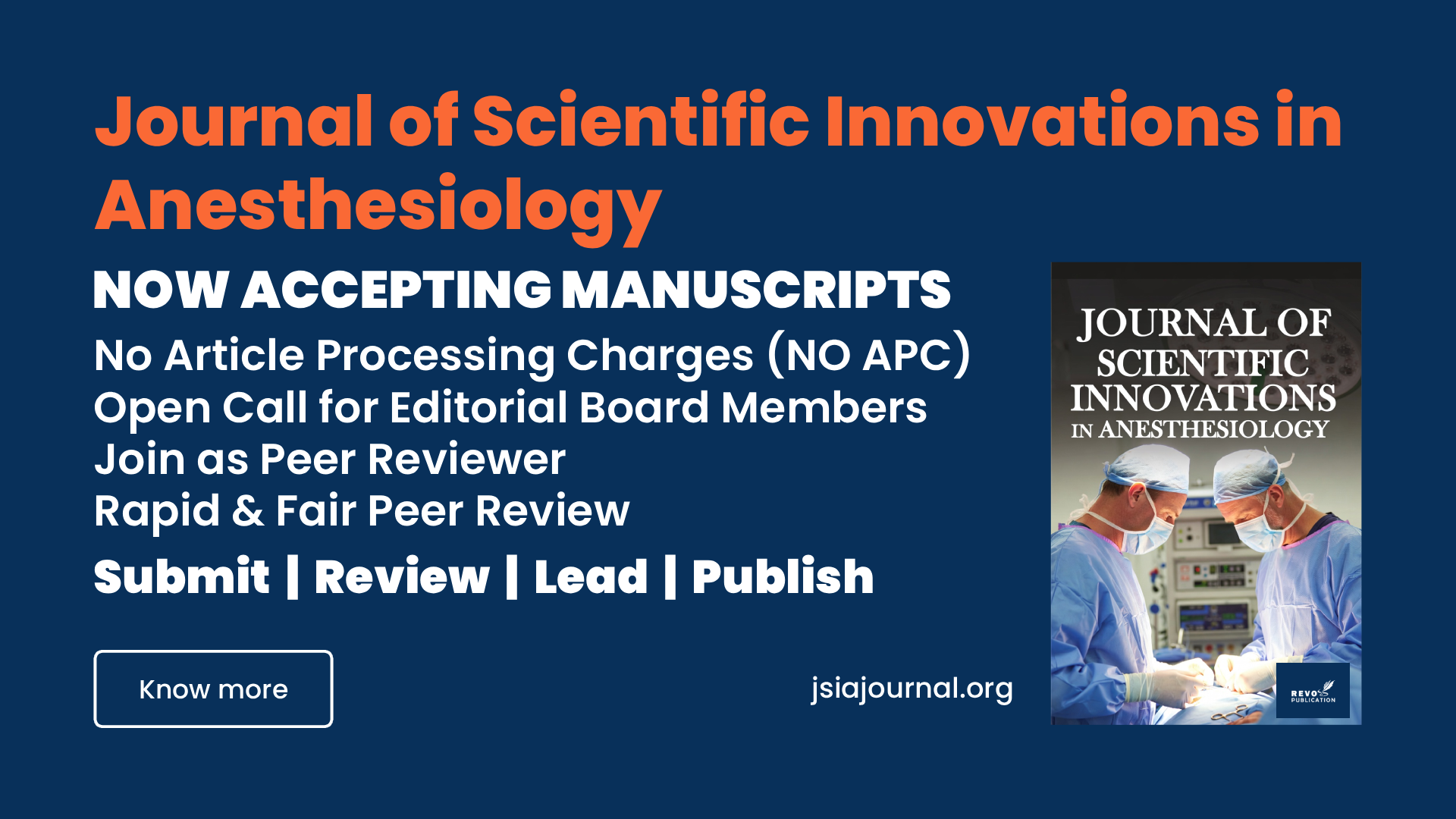Science Education Impactfactor, Indexering, Ranking
Science Education is een wetenschappelijk tijdschrift dat gewijd is aan het publiceren van onderzoek op het gebied van Social Sciences. John Wiley and Sons is de uitgever van dit gerenommeerde tijdschrift.. Het P-ISSN toegewezen aan Science Education is 0036-8326 en de afgekorte vorm hiervan is Sci Educ.
Science Education Doelen & Scope
Science Education┬Āpublishes original articles on the latest issues and trends occurring internationally in science curriculum, instruction, learning, policy and preparation of science teachers with the aim to advance our knowledge of science education theory and practice. In addition to original articles, the journal features the following special sections: ┬Ā
Critical Perspectives in Science Education┬Ā: composed of empirical research, conceptual arguments, or reviews that focus on science learning, pedagogies, cirricula, or initiatives that explicitly question or challenge the dominant goals and aims of the field. This may include macro- (e.g., policy) or ground-level (e.g., classrooms, out-of-school, community settings) considerations of: sociopolitical contexts of science oppression, their intersections, anti-oppressive directions, and/or alternative possibilities as they pertain to science education.┬Ā┬Ā Learning┬Ā: consisting of theoretical and empirical research studies on learning of science. We invite manuscripts that investigate learning and its change and growth from various lenses, including psychological, social, cognitive, sociohistorical, and affective. Studies examining the relationship of learning to teaching, the science knowledge and practices, the learners themselves, and the contexts (social, political, physical, ideological, institutional, epistemological, and cultural) are similarly welcome. Issues and Trends┬Ā: consisting primarily of analytical, interpretive, or persuasive essays on current educational, social, or philosophical issues and trends relevant to the teaching of science. This special section particularly seeks to promote informed dialogues about current issues in science education, and carefully reasoned papers representing disparate viewpoints are welcomed. Manuscripts submitted for this section may be in the form of a position paper, a polemical piece, or a creative commentary. Science Education Policy┬Ā: including reports about the goals and/or underlying principles of policies adopted by government, interest groups, school districts, etc., and their effect on science teaching and learning. Additionally, research on science education policy relates to a critical examination of how theory, research, and practice of science education are influenced by policy decisions. Science Learning in Everyday Life┬Ā: consisting of analytical, interpretative, or philosophical papers regarding learning science outside of the formal classroom. Papers should investigate experiences in settings such as community, home, the Internet, after school settings, museums, and other opportunities that develop science interest, knowledge or practices across the life span. Attention to issues and factors relating to equity in science learning are especially encouraged. Science Teacher Education┬Ā: consisting of original empirical and/or theoretical research that examines the preparation of teachers, the work of teachers, or how teachers' work is influenced by a broader context. "Teacher education" refers to development throughout the continuum of oneŌĆÖs teaching career, from pre-service, through induction, into advanced professional stages of teaching. Comments and Criticism┬Ā: provides a forum for the expression of differing viewpoints and the correction of misunderstanding regarding topics in published papers. Readers of the journal are earnestly invited to contribute their ideas to this forum. Contributions for the┬ĀComments and Criticism┬Āsection should be relatively brief, normally two to four manuscript pages, and will be published as rapidly as possible. Books┬Ā: covering reviews of recently published books in the field.
Science Education Details
| Tijdschrift titel | Science Education |
| Afkorting | Sci Educ |
| ISSN afdrukken | 0036-8326 |
| Online ISSN | 1098-237X |
| Hoofdredactie | Sherry Southerland and John Settlage |
| Onderwerp | Social Sciences |
| Toegangstype | Hybride tijdschriften |
| Impactfactor | 4.3 |
| SJR | 2.115 |
| SNIP | 3.085 |
| Ranking | 1183 |
| Citatiescore | 9.3 |
| H-index | 127 |
| Kwartielen | Q1 |
| Staat | ¤¤ó Actief |
| geïndexeerd |
Science Education Afkorting
Science Education Afkorting : Tijdschriftafkorting verwijst naar de verkorte vorm of acroniem die wordt gebruikt om de volledige titel van een wetenschappelijk tijdschrift te vertegenwoordigen. Het is een veelgebruikte afkorting die helpt bij verwijzingen, indexering en citatie van tijdschriften in academische publicaties, bibliografieën en databases.
De afkorting van Science Education is Sci Educ
Science Education Ranking
Science Education Ranking : Tijdschriftranking verwijst naar het proces van evaluatie en classificatie van wetenschappelijke tijdschriften (Science Education) op basis van verschillende criteria, zoals impactfactor, citatiemetrics, expertbeoordelingen en andere indicatoren. Rankingsystemen streven ernaar om een indicatie te geven van de kwaliteit, invloed en prestige van een tijdschrift binnen een specifiek vakgebied of discipline.
De ranking van Science Education is 1183 (2026)
Science Education Impactfactor
Science Education Impactfactor : De impactfactor is een metriek die wordt gebruikt om de invloed en het belang van wetenschappelijke tijdschriften binnen hun respectievelijke vakgebieden te beoordelen. Het wordt vaak jaarlijks berekend en meet het gemiddelde aantal citaties dat artikelen ontvangen die in een tijdschrift zijn gepubliceerd gedurende een bepaalde periode.
De impactfactor van Science Education is 4.3 (2026)
Science Education SCImago
Science Education SCImago : SCImago Journal Rank (SJR) is een metriek en database ontwikkeld door SCImago Lab die informatie biedt over de wetenschappelijke invloed en het prestige van wetenschappelijke tijdschriften. SCImago is een onafhankelijke onderzoeksgroep gevestigd in Spanje en richt zich op bibliometrische analyse en ranking van wetenschappelijke tijdschriften.
De SCImago vanScience Education is 2.115
Science Education H-index
Science Education H-index : De h-index van een tijdschrift is een metriek die de impact en invloed van een wetenschappelijk tijdschrift meet op basis van de publicaties en het aantal citaties dat die publicaties ontvangen. Het is afgeleid van het concept van de auteur-h-index, die de impact van een individuele onderzoeker evalueert op basis van zijn meest geciteerde artikelen.
De H-index van Science Education is 127
Science Education Indexering
Science Education Indexering : Tijdschriftindexering verwijst naar het proces van het opnemen van een tijdschrift in een doorzoekbare database of index die wetenschappelijke publicaties categoriseert en organiseert. Indexeringsdiensten hebben tot doel het voor onderzoekers, wetenschappers en lezers gemakkelijker te maken om artikelen uit verschillende tijdschriften binnen een specifiek vakgebied of discipline te ontdekken en te raadplegen.
De Science Education De geïndexeerd
Een geïndexeerd tijdschrift geeft aan dat het een grondige beoordelingsprocedure heeft ondergaan door een tijdschriftindexer om aan specifieke criteria en eisen te voldoen.
Science Education Inzendingskosten
Science Education Inzendingskosten : Artikelindieningskosten, ook wel manuscriptindieningskosten of verwerkingskosten genoemd, zijn kosten die sommige tijdschriften aan auteurs in rekening brengen voor het indienen van hun onderzoeksartikelen ter overweging voor publicatie. Deze kosten zijn apart van eventuele publicatie- of artikelverwerkingskosten (APC's) die van toepassing kunnen zijn op geaccepteerde manuscripten.
De Indieningskosten van Science Education is $3,860 USD / ┬Ż2,570 GBP / Ōé¼3,190 EUR
Science Education Veelgestelde Vragen
is Science Education tijdschrift geïndexeerd in PubMed?
Nee, Op basis van onze meest recente gegevens, de Science Education tijdschrift is niet genoteerd in PubMed.
is Science Education tijdschrift geïndexeerd in Scopus?
Ja, volgens onze gegevens is de Science Education tijdschrift is geïndexeerd in Scopus.
is Science Education tijdschrift geïndexeerd in UGC?
Ja, volgens onze gegevens is de Science Education tijdschrift is geïndexeerd in UGC.
is Science Education tijdschrift geïndexeerd in Index Copernicus?
Nee, Op basis van onze meest recente gegevens, de Science Education tijdschrift is niet geïndexeerd in Index Copernicus.
is Science Education a Roofzuchtig tijdschrift?
Nee, Science Education tijdschrift is niet a Roofzuchtig tijdschrift.
Advertisement
Social Sciences Journals List
- Antiquity Social Sciences Impactfactor, Indexering, Ranking
- Antiquite Tardive Social Sciences Impactfactor, Indexering, Ranking
- Antiquaries Journal Social Sciences Impactfactor, Indexering, Ranking
- Antipoda Social Sciences Impactfactor, Indexering, Ranking
- Anthropology Today Social Sciences Impactfactor, Indexering, Ranking
- Anthropology in Action Social Sciences Impactfactor, Indexering, Ranking
- Anthropology and Medicine Social Sciences Impactfactor, Indexering, Ranking
- Anthropology and Humanism Social Sciences Impactfactor, Indexering, Ranking
- Anthropological Theory Social Sciences Impactfactor, Indexering, Ranking
- Anthropological Science Social Sciences Impactfactor, Indexering, Ranking


